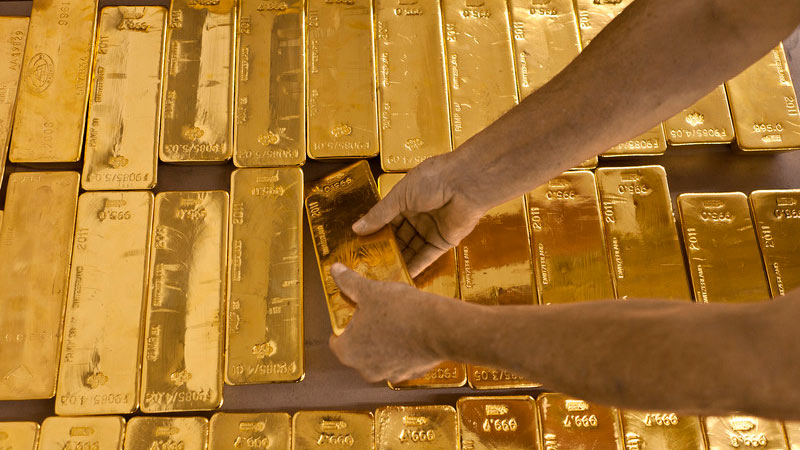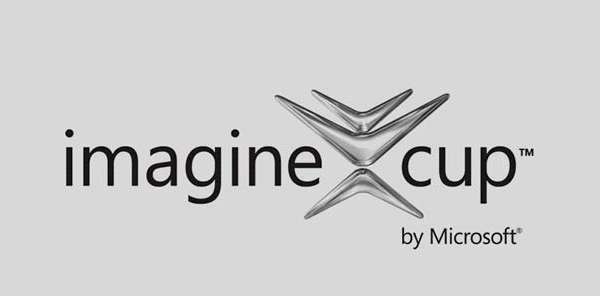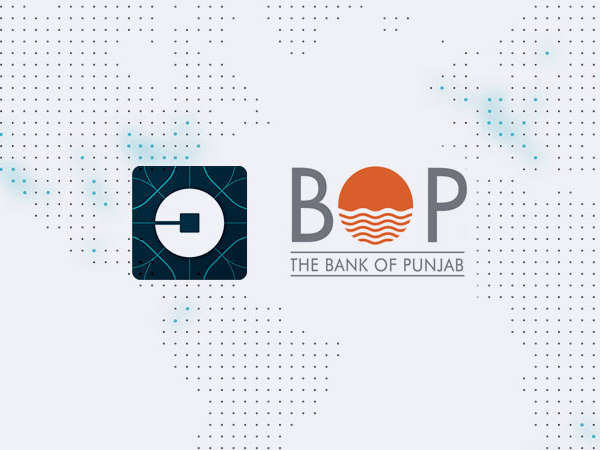The cryptocurrency, bitcoin has achieved an impressive milestone as it becomes more valuable than gold; the precious element which backs most of the currencies around the world.
According to a report from BBC, a single unit of bitcoin now costs $1,268 as compared to one ounce of gold that costs $1,233. However, this is just an arbitrary comparison between these two type of currencies.
All of the “above ground” gold values at around $7 trillion as compared to all of the bitcoins ever minted with a market value of just $20 billion.
The important thing here is that Bitcoin is making new highs and it could become the preferable currency in the future ─ but there is no denying to the power of gold, ever.
What Exactly is a Bitcoin?
Bitcoin is a new form of currency that was created in 2009 by an unknown person using the alias Satoshi Nakamoto. It’s not printed like regular bank notes since it is a digital currency, created and held electronically.
Bitcoins are based on Mathematics:
Unlike bank notes, bitcoin isn’t based on gold, rather it’s based on mathematics. That is why, no government or bank has control on it and it is produced using computing power in a distributed network.
People and businesses compete to “mine” bitcoins using computers to solve complex math puzzles. However, the rules say that only 21 million bitcoins can ever be created by miners.
Where can you get Bitcoins and what can you buy with them?
Bitcoins are then exchnaged at several marketplaces called “bitcoin exchanges”. These exchanges allow people to buy or sell bitcoins using different currencies.
You can use bitcoins to buy merchandise anonymously from anywhere around the world. In addition, international payments are easy and there are no hidden fees or taxes on transactions. Some people also invest in bitcoins hoping they can sell them at much higher prices in the future.
The future bitcoins is still unknown, but Governments around the world are concerned about taxation and their lack of control over the currency. So it might be regulated in the future or in a worse case scenario could lose its worth.





